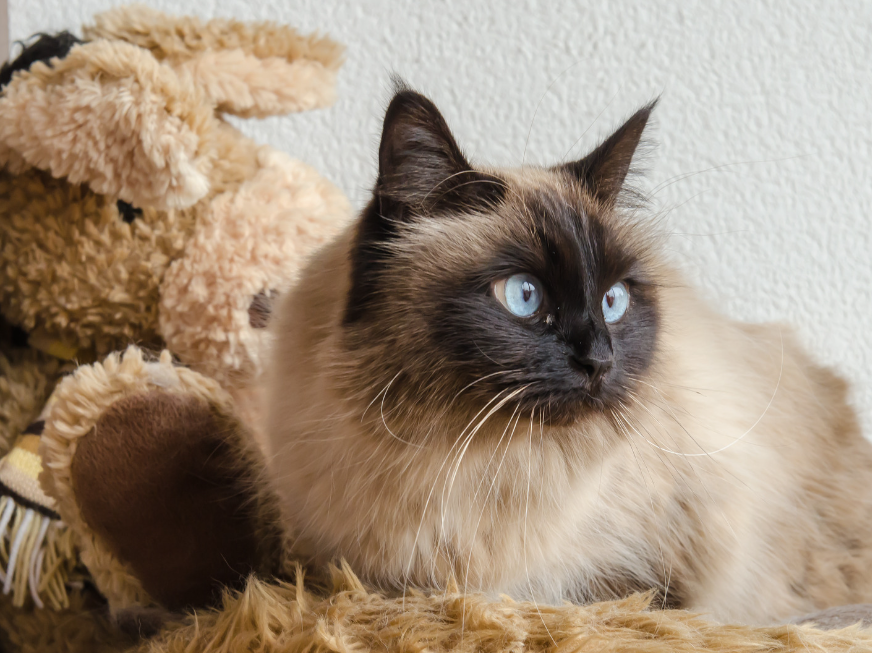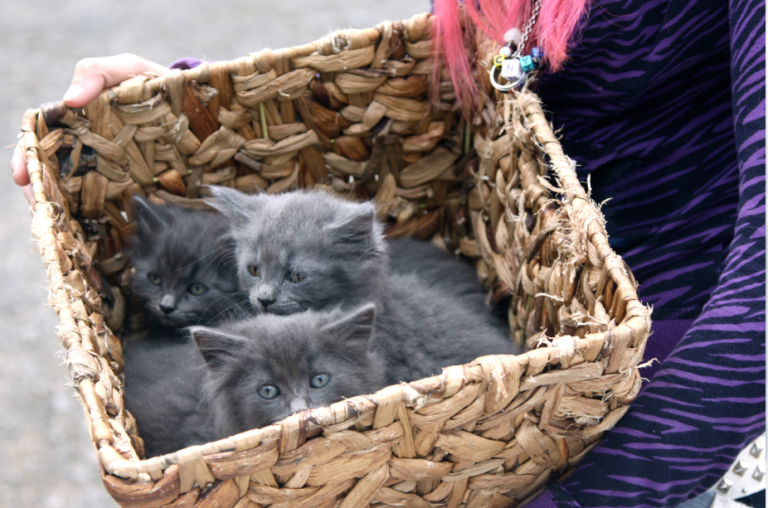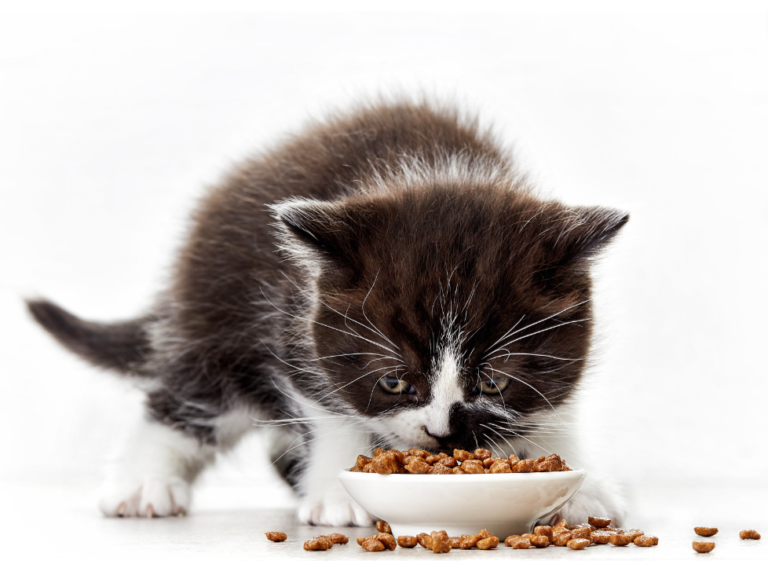Table of Contents
1. How Much is a Birman Kitten?
When considering the purchase of a Birman kitten, the price can range significantly. Typically, you can expect to pay anywhere from $700 to $1,500 for a Birman kitten. However, several factors contribute to this price range, including the kitten’s pedigree, the reputation of the breeder, and the kitten’s coat color and markings. High-quality Birman kittens with championship bloodlines can command prices upwards of $2,000 or more. Therefore, it’s crucial to research and budget accordingly when planning to welcome one of these beautiful kittens into your home.
2. The Birman Cat Price: What Influences It?
When it comes to purchasing a Birman cat, several key factors influence the price, making it essential for prospective owners to understand what they are paying for.
Pedigree and Bloodlines
One of the most significant factors affecting the price of a Birman cat is its pedigree. Cats with a well-documented lineage, particularly those descending from show champions, tend to be more expensive. These cats often come from breeders who have invested heavily in maintaining the purity and quality of the breed, ensuring that the kittens adhere to breed standards in terms of appearance and temperament. A pedigree not only guarantees the cat’s lineage but also increases the likelihood that the cat will exhibit the desirable traits associated with the Birman breed, such as their striking blue eyes, soft coat, and gentle demeanor.
Breeder Reputation
The reputation of the breeder also plays a critical role in determining the price of a Birman cat. Reputable breeders are typically more expensive because they invest significant time, effort, and resources into their breeding programs. They ensure that their cats are healthy, well-socialized, and free from genetic defects. These breeders often provide health guarantees and are transparent about their breeding practices, which gives buyers confidence in the quality of the cat they are purchasing. On the other hand, less reputable breeders or those involved in mass breeding operations (often referred to as “kitten mills”) may offer lower prices, but the health and well-being of the cats can be compromised.
Age and Gender
The age and gender of the cat can also influence its price. Kittens are generally more expensive than adult cats due to their longer potential lifespan and the demand for younger pets. Additionally, female cats may be priced higher than males, especially if they are of breeding quality. Breeders may charge more for a female cat that has the potential to contribute to their breeding program, particularly if she has desirable traits that align with breed standards. Conversely, retired breeding cats or older adult cats may be offered at a lower price, providing a more affordable option for those not set on purchasing a kitten.
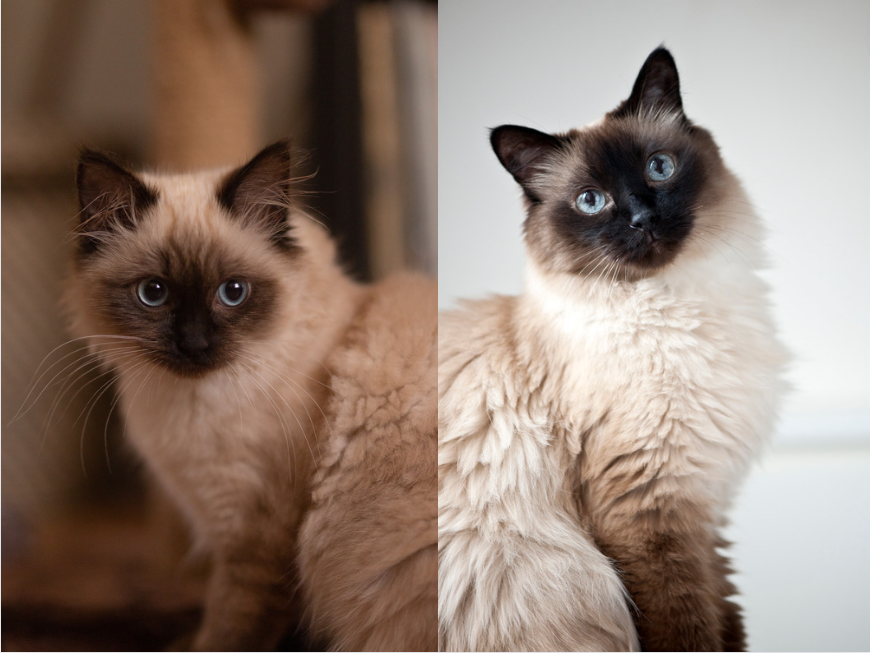
Coat Color and Markings
The specific coat color and markings of a Birman cat can also affect its price. While all Birmans are known for their pointed color pattern, certain color variations may be more sought after than others. For example, a Birman with a rare or particularly striking color pattern, such as a lilac or chocolate point, may be priced higher than a cat with a more common color, such as a seal point. The symmetry and clarity of the cat’s markings, particularly the “gloves” (white paws) and “gauntlets” (white hind legs), also contribute to the overall desirability and price of the cat.
Health Screening and Vaccinations
A Birman cat that comes with a full set of health screenings and up-to-date vaccinations will likely be more expensive than one without these assurances. Reputable breeders will typically ensure that their cats are tested for common genetic conditions, such as hypertrophic cardiomyopathy (HCM), which can affect the breed. They will also provide documentation of vaccinations, deworming, and other essential health care. The added cost of these screenings and preventive care measures is often reflected in the final price of the kitten, but they provide peace of mind for the buyer, knowing that their new pet is starting its life with a clean bill of health.
Geographical Location
Finally, the geographical location of the breeder or the buyer can impact the price of a Birman cat. In regions where Birman cats are particularly popular or in high demand, prices may be higher due to the limited supply. Conversely, in areas where the breed is less common, prices might be lower, but the availability of kittens may be limited. Additionally, if you are purchasing a Birman cat from a breeder located far from your home, you may need to factor in the cost of transportation, which can add to the overall expense. Some breeders offer shipping services, but this can be costly and may include additional fees for things like health certificates and travel crates.
3. Exploring Birman Cat Price Near Me: What to Expect
When exploring the price of a Birman cat near you, it’s important to consider several factors that can influence the cost in your specific area. The price of a Birman cat is not uniform across all regions, and understanding the local market can help you set realistic expectations and make informed decisions.
Urban vs. Rural Pricing
The location where you live can significantly affect the price of a Birman cat. In urban areas, especially in large cities where the demand for purebred cats is typically higher, you might find that Birman cats are priced at the higher end of the spectrum. This is partly due to the higher cost of living, which impacts everything from the cost of veterinary care to the expenses incurred by breeders. On the other hand, in rural areas or smaller towns, you might find Birman cats at slightly lower prices. However, the trade-off could be fewer breeders or limited availability, which may mean longer waiting times or the need to travel farther to find a kitten.

Local Breeder Networks
Another factor to consider is the strength and reputation of local breeder networks. In areas with a strong community of reputable breeders, you might find that prices are more competitive due to the availability of multiple options. This competition can work in your favor, allowing you to choose from several breeders and possibly negotiate a better price. Conversely, in regions with fewer breeders, the lack of competition can lead to higher prices, as buyers have fewer options and might need to pay a premium for a well-bred Birman cat.
Demand and Popularity of the Breed
The popularity of the Birman breed in your area will also influence the price. In regions where Birmans are highly sought after, prices are likely to be higher due to increased demand. For instance, if there is a recent surge in interest in the breed, perhaps due to media exposure or local trends, you might find that prices have spiked as breeders capitalize on the demand. In contrast, in areas where the breed is less known or less popular, you might find more reasonable prices, but with the potential downside of limited availability and longer search times.
Breeder-Specific Factors
Different breeders within the same area may also charge varying prices based on their specific practices and reputation. For instance, a breeder who has invested heavily in importing high-quality breeding stock from abroad may charge more for their kittens to recoup these costs. Additionally, breeders who participate in cat shows and have won awards may price their kittens higher due to the prestige associated with their cattery. It’s essential to research and compare different breeders in your area to understand how these factors might affect the price.
Additional Costs in Your Area
When considering the price of a Birman cat near you, don’t forget to account for additional costs that might be specific to your region. For example, in some areas, there may be higher costs associated with spaying or neutering, vaccinations, or even pet insurance. These additional expenses can add up quickly, so it’s important to factor them into your overall budget when determining how much you can afford to spend on a Birman cat.
Travel and Transportation Considerations
If there are no Birman breeders near you, you may need to consider traveling to another location to purchase your kitten. This could involve a significant expense, especially if it requires long-distance travel or even flying the kitten to your location. Some breeders offer to ship kittens to buyers, but this service comes at an additional cost and may require special arrangements to ensure the kitten’s safe and comfortable journey. It’s important to weigh these costs against the convenience and peace of mind of purchasing a cat from a nearby breeder.

4. Birman Cat Breeders: Finding a Trustworthy Source
Choosing the right breeder is one of the most crucial steps in buying a Birman cat. A reputable breeder will prioritize the health and well-being of their cats, ensuring that they are raised in a healthy, loving environment. To find a trustworthy breeder, start by asking for recommendations from local cat clubs, veterinarians, or friends who own Birman cats. Additionally, it’s wise to visit the breeder’s facility in person, if possible. Look for breeders who are transparent about their breeding practices, provide health guarantees, and are willing to answer all your questions. Remember, a good breeder will be just as interested in ensuring their cats go to good homes as you are in finding a healthy, happy cat.
5. Are Birman Cats Friendly? A Look at Their Personality
One of the most endearing traits of Birman cats is their friendly and affectionate personality. These cats are known to be gentle, sociable, and incredibly loving, making them excellent companions for families, singles, and seniors alike. Birman cats are also known to get along well with other pets, including dogs, and they are particularly good with children. Their calm demeanor and eagerness to bond with their owners make them one of the most people-oriented cat breeds. If you’re looking for a feline friend who will follow you around the house and curl up in your lap, a Birman cat might be the perfect choice.
6. Birman Cats for Sale: What to Know Before You Buy
Before you buy a Birman cat, it’s important to be fully informed about what owning this breed entails. First and foremost, consider the long-term commitment, as Birman cats can live for 12 to 16 years or more. Additionally, understand that owning a Birman comes with ongoing expenses, including regular veterinary care, grooming, high-quality food, and pet insurance. You should also be prepared for the potential health issues that can affect the breed, such as hypertrophic cardiomyopathy (HCM) and kidney disease. Taking these factors into account will help ensure that you are ready to provide a loving and stable home for your new pet.
7. Birman Cat for Sale Near Me: Tips for a Successful Search
Finding a Birman cat for sale near you requires patience and diligence. Start by searching online platforms that specialize in cat breeding, but be cautious of scams and unethical breeders. It’s essential to verify the breeder’s credentials and check for any reviews or testimonials from previous buyers. Additionally, attending cat shows or visiting local animal shelters might increase your chances of finding a Birman cat. If you’re not in a rush, consider joining online communities or social media groups dedicated to Birman cats, where breeders and sellers often post about available kittens or adult cats.
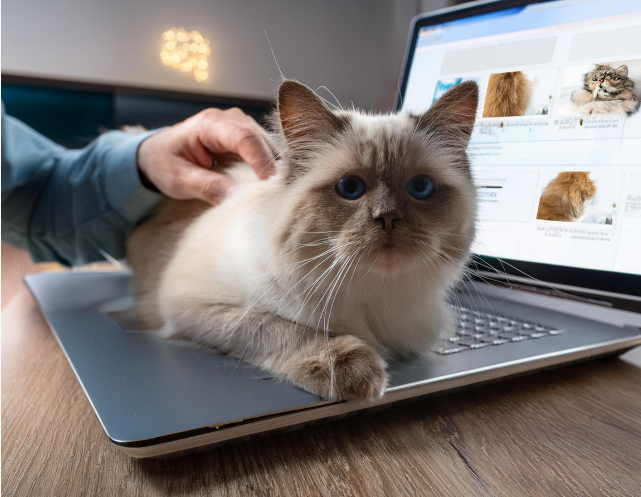
8. Birman Cat Value: Is It Worth the Cost?
The value of a Birman cat goes beyond its monetary cost. While these cats can be expensive, many owners find that the joy and companionship they offer are well worth the investment. Birman cats are known for their loving nature, stunning appearance, and relatively low maintenance needs, making them a great choice for many households. Additionally, their long lifespan means that the initial cost is spread over many years of companionship. When considering the value of a Birman cat, it’s important to weigh both the financial aspects and the emotional benefits of owning such a unique and special breed.
9. Cost of Birman Cats: A Detailed Cat Pricing Guide
Owning a Birman cat involves more than just the initial purchase price. There are ongoing costs that you need to factor into your budget. These include food, which should be of high quality to maintain their coat and overall health, as well as regular veterinary visits, vaccinations, and flea and worm treatments. Additionally, grooming supplies, toys, and accessories like scratching posts and beds can add to the overall cost. Pet insurance is also highly recommended to cover any unexpected health issues. By planning for these expenses, you can ensure that your Birman cat has everything it needs to live a happy and healthy life.
10. Birman Cats vs. Other Expensive Cat Breeds: A Comparison
When comparing Birman cats to other expensive breeds, such as the Ragdoll, it’s clear that each breed has its own unique set of characteristics and costs. Ragdolls, for instance, are known for their docile and relaxed temperament, often going limp when picked up, which has earned them their name. However, Birman cats tend to be more playful and interactive, making them better suited for families with children or other pets. In terms of cost, both breeds are similarly priced, but the value comes down to personal preference and lifestyle compatibility. Whether you choose a Birman or a Ragdoll, the investment is likely to pay off in the form of a loving and loyal companion.
Final Thoughts: Is a Birman Cat the Right Choice for You?
Investing in a Birman cat is more than just a financial decision; it’s a commitment to caring for a unique and affectionate pet that will become a beloved member of your family. Birman cats offer a blend of beauty, personality, and companionship that few other breeds can match. Before making your decision, consider your lifestyle, budget, and the time you can dedicate to your new feline friend. If you’re looking for a loyal, friendly, and stunning cat, the Birman might just be the perfect fit.
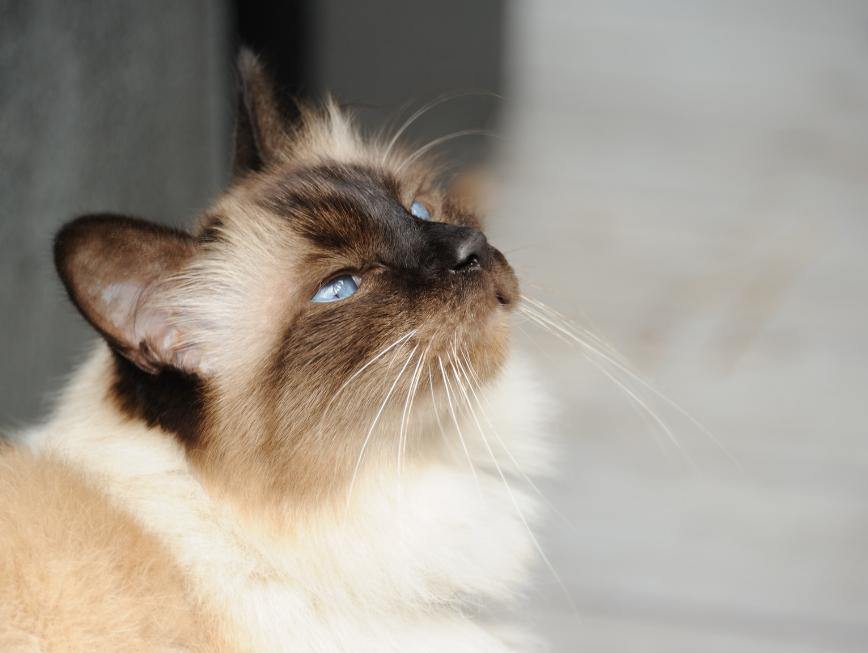
FAQs: Answering Common Questions About Birman Cats
- What is the Birman cat price near me?
- Prices for Birman cats can vary depending on location, breeder reputation, and availability. It’s important to research local breeders and compare prices. read more
- How do I find reputable Birman cat breeders?
- Look for breeders with good reviews, health guarantees, and transparent breeding practices. Visiting the breeder’s facility and asking for references can also help ensure they are trustworthy.
- Are Birman cats friendly to other pets?
- Yes, Birman cats are generally very friendly and can get along well with other pets, including dogs. read more
- What are the main factors affecting Birman cat value?
- Pedigree, coat color, breeder reputation, and geographic location are the main factors that influence the value of a Birman cat.
- How much should I expect to spend on Birman cat expenses?
- Ongoing expenses include high-quality food, veterinary care, grooming supplies, and pet insurance. These costs can add up, so it’s important to budget accordingly.

